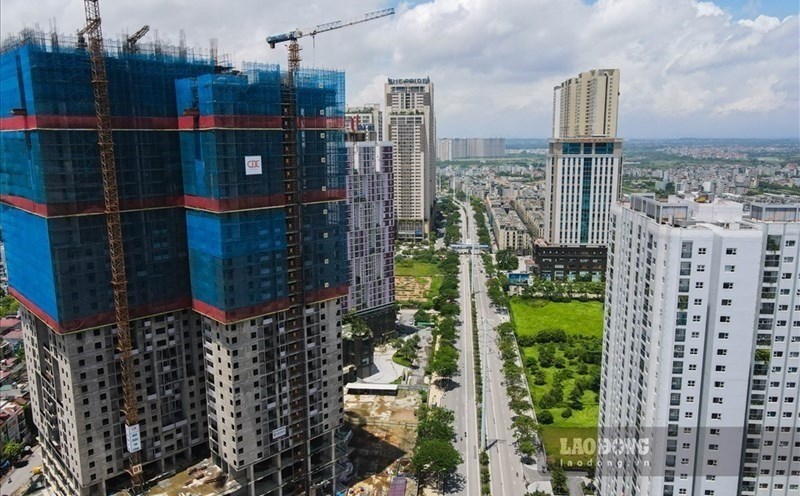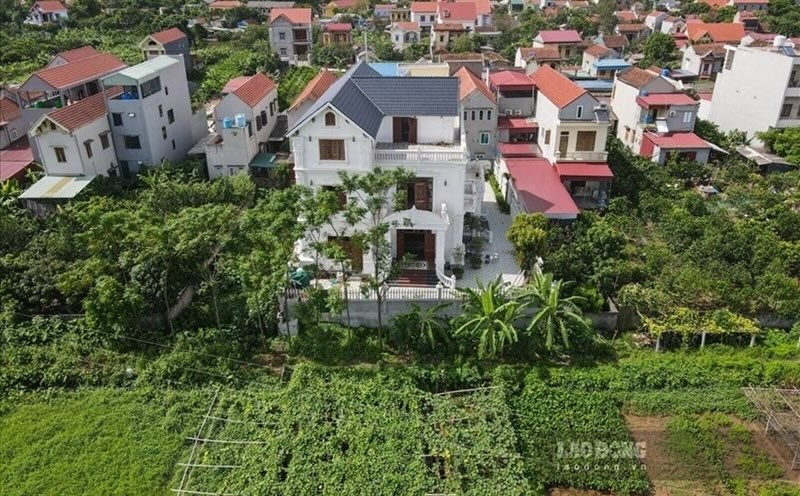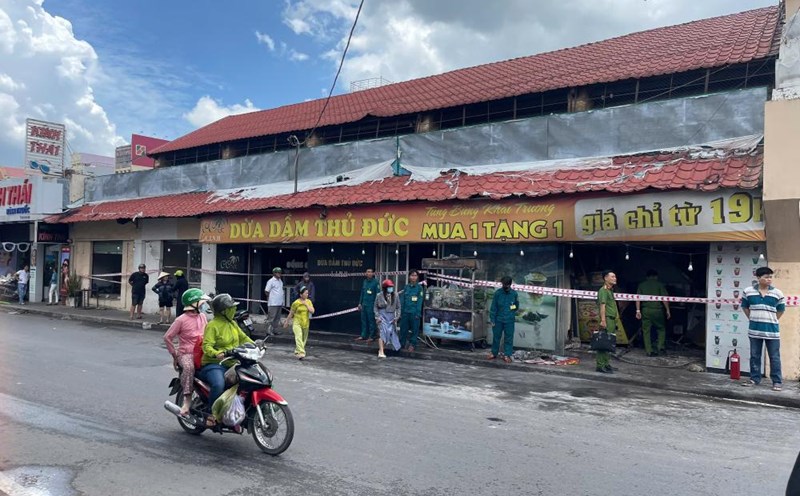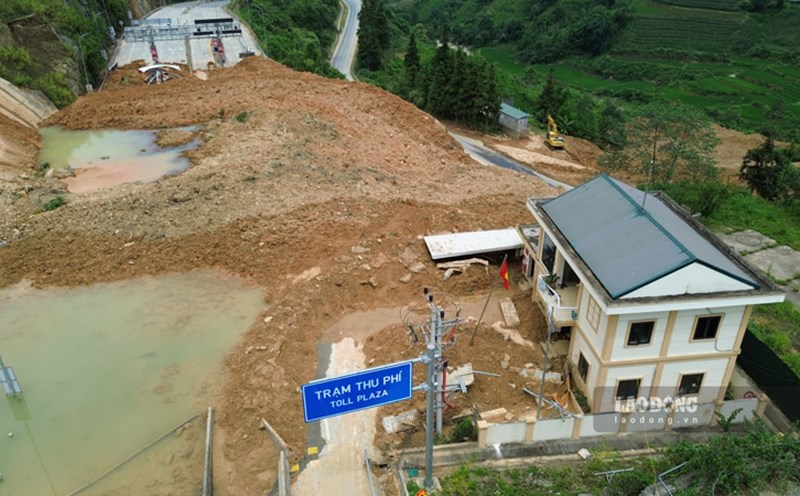A survey by Batdongsan channel shows that more than 86% of current real estate buyers aim to make profitable short-term investments. Of which, up to 50% hold less than 6 months and 36% for about 6-12 months. Only 14% have held real estate for more than a year.
Many experts believe that if the proposal of the Ministry of Finance is approved, real estate will no longer be a " profitable playground" for the surfing speculative world, contributing to regulating the market for more sustainable development. There are also opinions that the above policy may cause liquidity congestion in the short term.
Dr. Nguyen Tri Hieu - Director of the Institute for Research and Development of Global Financial and Real Estate Markets - said that the first real estate tax can be considered because we are encouraging people to settle down and make a living. However, a second home should be taxed because those with a second home are often high-income people. Taxation will create social justice, and at the same time, speculation will be avoided.
Many Vietnamese tycoons buy real estate to "hoard goods" waiting for prices to increase before selling. Taxing second real estate is reasonable to ensure fairness for society as well as increase tax revenue for the country, minimizing risks for the economy.
In addition, Mr. Hieu emphasized that taxing only when there is a transaction is not enough. It is necessary to collect taxes on assets in possession, especially cases of owning many properties but not putting them into use, causing waste and inequality in housing access.
"If we continue to collect taxes only when there are transactions, we will still miss the group that owns many properties but does not create value for use. To healthy the market, we must collect from ownership, not just from transfers" - Mr. Hieu said.

According to Mr. Nguyen Van Dinh - Chairman of the Vietnam Association of Real Estate Brokers (VARS), the current legal system does not have sanctions to control and prevent speculation and land plowing activities to push up prices. In many urban areas and land projects, the situation of speculators buying land and then leaving it abandoned waiting for prices to increase or create fake scarcity is common, all of which are aimed at pushing up prices to make a profit.
"Research on applying real estate tax is urgent to regulate the market. I do not ignore this policy because I find it difficult to issue it" - Mr. Dinh said.
Meanwhile, some opinions say that this policy could temporarily put the secondary market in a state of "frozen". Mr. Dinh Minh Tuan - Director of Batdongsan Southern region - worried that the 10% tax rate on assets held for less than 2 years is 5 times higher than the current one, which will affect segments such as land and luxury apartments - where short-term investors are concentrated.
Mr. Tuan is also concerned that the application of new taxes could push up housing prices. Because the seller often adds all costs, including tax, to the selling price. When the tax rate increases, the selling price will also increase and the buyer may eventually have to bear this additional cost. The actual profits of investors are affected, causing real estate investment channels to become less attractive compared to other channels.
According to the proposal of the Ministry of Finance, real estate transferors will have to pay 20% tax on profits after deducting valid expenses. In case the purchase price and related costs cannot be determined, the tax will be calculated based on the selling price and holding period, with a tax rate of 2-10%. Accordingly, the ownership period of less than 2 years is subject to a tax of 10%, from 2-5 years is 6%, from 510 years is 4% and after 10 years or inheritance will only be subject to 2%.
In addition to regulating investment behavior, the Ministry of Finance also emphasized the importance of building a complete and transparent valuation database for effective policy implementation. Information systems on taxes, land transactions, and notarized documents need to be connected, avoiding the situation of declaring two prices as before.











